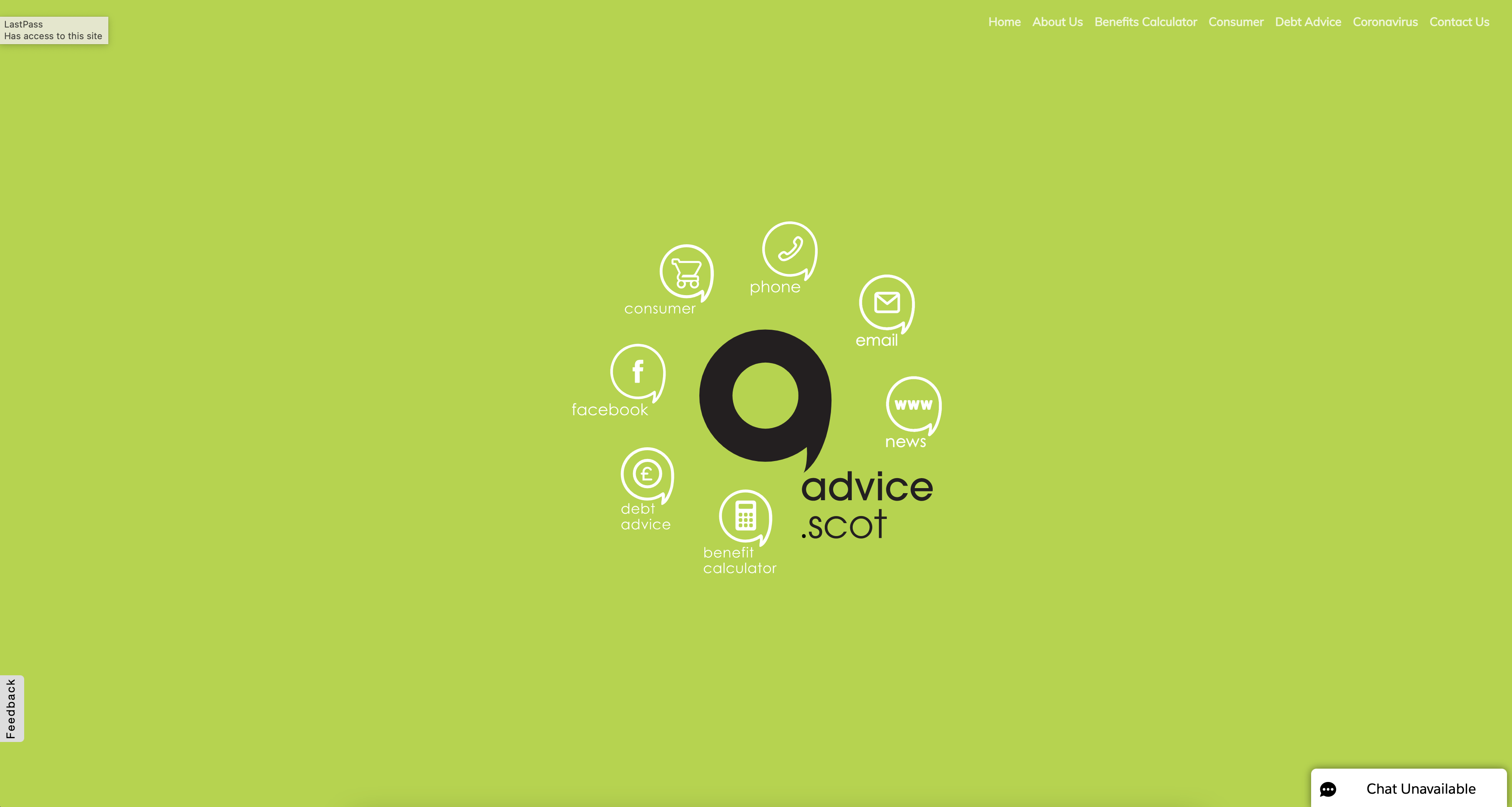
Glasgow, Scotland – September 12, 2024:
Students starting university in Scotland for the first time are being handed crucial advice to help them thrive in their studies.
With freshers’ weeks getting underway across Scotland, Advice Direct Scotland has issued six top tips to ensure new undergraduates are ready to tackle life away from home and make the most of their university experience.
The charity, which runs the national advice service advice.scot, is urging students to understand their rights on issues such as accommodation, benefits, loans, and debt.
Freshers’ week, which takes place just before the new academic year begins, offers new students a chance to socialise and settle into their new environment before lectures start.
Exact dates vary, with institutions such as Edinburgh, Dundee, St Andrews, Stirling, and the University of the West of Scotland already welcoming students this week.
Glasgow and Aberdeen are due to hold events next week.
Free, impartial and practical advice is available to students and anyone in Scotland through Advice Direct Scotland’s advice.scot service.
The advice.scot team can be reached at 0808 800 9060, Monday to Friday from 9am to 5pm, or through their website at www.advice.scot.
Advice Direct Scotland’s six top tips for new students are as follows:
1. Know your rights as a renter
University halls are a popular choice for first-year students, offering convenience and a social atmosphere. However, private rentals can be more flexible and cost-effective, especially when shared.
Students should understand their rental agreement’s terms, including the length, deposit requirements, and responsibilities.
Being aware of your rights and obligations can help avoid misunderstandings and disputes with landlords.
2. You probably don’t need to pay council tax
Full-time students are usually exempt from council tax. In university accommodation, this is often handled by the provider. For private rentals, students must apply for an exemption and provide proof of student status, like a university letter.
Some students can also claim benefits, such as Universal Credit, if they meet specific criteria, including being a single parent, having a disability, or caring for a child.
3. Look into loans and grants
Scottish students at Scottish universities don’t pay tuition fees, but many still need a student loan for living costs, available through the Student Awards Agency Scotland, and worth up to £10,400 a year. These loans are repaid based on income after graduation.
Explore additional bursaries, grants, scholarships, and sponsorships. For financial emergencies, you can also seek support from your college or university’s discretionary funds.
4. Keep an eye on your personal finances
Student life can bring money pressures, so managing your finances is essential. Avoid accumulating multiple credit cards. Instead, create a budget to track income and expenses, and steer clear of unnecessary spending.
If you struggle with debt, seek advice from your university’s support services or contact Advice Direct Scotland for help, no matter your situation.
5. Working part-time? Don’t forget about taxes
If you work while studying, you’ll need a National Insurance number for HMRC to track your contributions. If you are self-employed, you can set up a Government Gateway ID to manage your tax and NI online.
If you only work for part of the year, check if you’re due a tax refund, as you might have overpaid. Advice Direct Scotland can guide you on claiming any excess tax back.
6. Be discount-savvy
Many retailers and restaurants offer student discounts with a student card. Scottish travel operators, like First Bus and McGill’s, provide discounts on bus tickets, while ScotRail’s 16-25 railcard costs £30 per year but offers a third off train fares, so regular travellers could benefit.
Be aware that discounts on bus and rail services may have conditions, such as off-peak travel times, so check the details carefully.
Conor Forbes, policy director at Advice Direct Scotland, said:
“September is always an exciting time for universities as a new generation of students arrive on campuses across Scotland and embark on their next phase of life.
“However, it can also be confusing and disorientating for people who have never lived away from home before and have little experience in dealing with financial responsibilities.
“To avoid problems further down the line, it’s a good idea to read up on things like your rights as a tenant and when you might need to start paying taxes.
“The good news is that the team at Advice Direct Scotland are ready and waiting to answer any queries students have, either online at advice.scot or on 0808 800 9060.”
NOTES
You can access free, impartial advice on any topic from advice.scot by contacting 0808 800 9060 or by visiting www.advice.scot. Advice is available to everyone in Scotland, at no cost, regardless of personal circumstance.
Free, impartial and practical advice is available to anyone in Scotland through Advice Direct Scotland’s advice.scot service.
People can seek help in a number of different ways: freephone 0808 800 9060; and online, web chat and email at www.advice.scot.
Media Enquiries

Marc Roseblade
Head of Content, Media and Marketing , Advice Direct Scotland
m: 07542 027083
e: marc.roseblade@advice.scot | w: https://www.advicedirect.scot
a: Mercantile Chambers, 39 ‑ 69 Bothwell Street, Glasgow, G2 6TS











